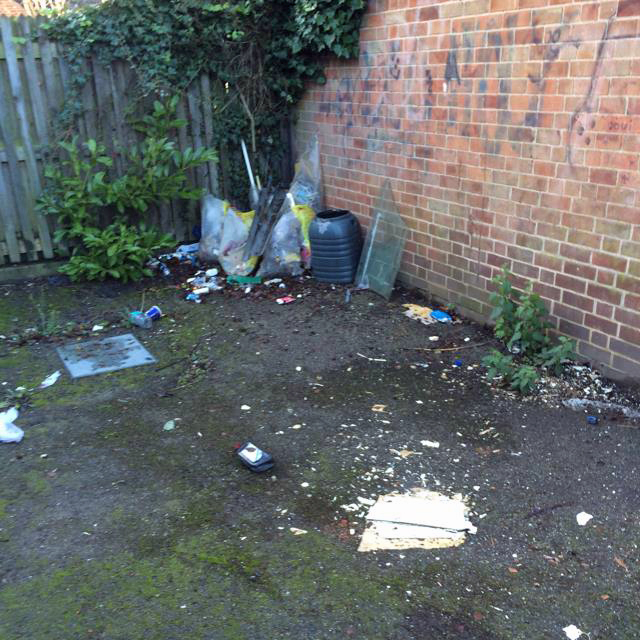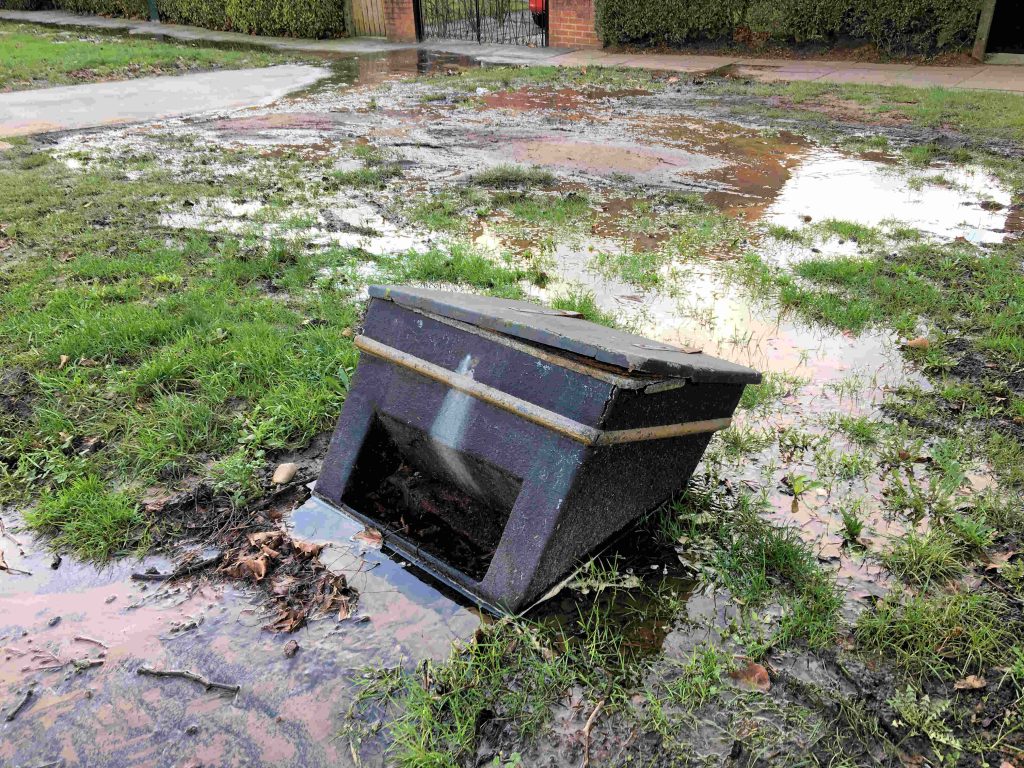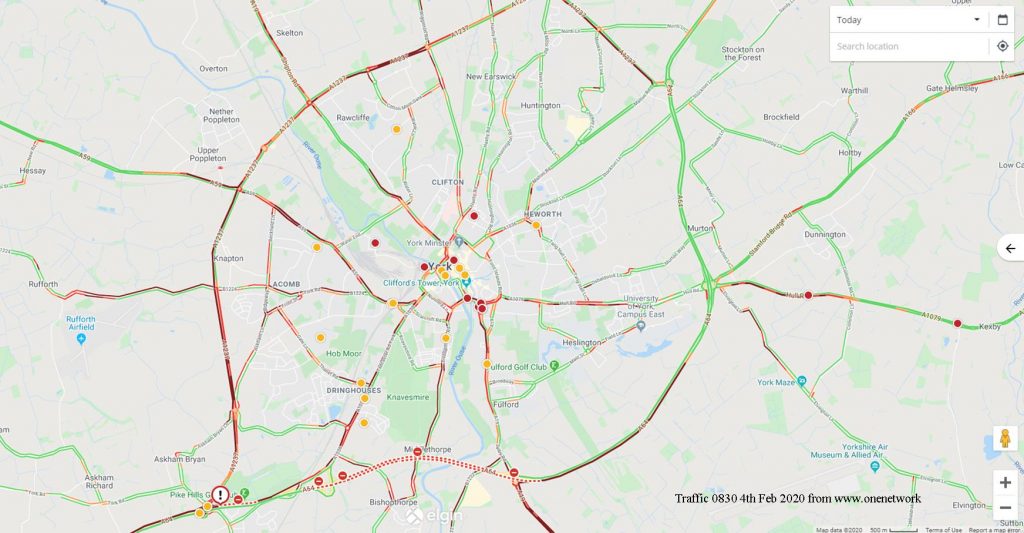
The York Council is set to deploy CCTV cameras at known fly tipping hotspots. The cameras will not be covert so the immediate effect is likely to be as a deterrent.
Taxpayers face a bill for tens of thousands of pounds each year for cleaning up fly tipping.
The cameras will be come operations on 1st April 2020
Meanwhile the Local Government Association (LGA) has revealed that only 5 per cent of court-imposed fines for fly-tipping offences in England in the past six years were above £1,000, and only a sixth of them above £500.
This is despite fly-tipping incidents soaring by 50 per cent over the same period, up from 714,637 in 2012/13 to 1,072,431 in 2018/19.
The LGA, which represents councils in England and Wales, says tougher sentences are needed to deter fly-tipping, which latest figures shows costs councils £58 million a year to clear up.
Only two people have been given the maximum £50,000 fine by the courts for fly-tipping since the Government introduced new guidelines in 2014.
Councils take fly-tipping extremely seriously and are taking increasing enforcement action against the criminals responsible. Councils took action on nearly half a million incidents in 2018/19 – almost 5,000 more than the previous year and up by nearly 75,000 in six years.
Successful prosecutions brought by councils are at their highest level since 2011/12, while fixed penalty notices – issued by councils for smaller fly-tipping cases – are at record levels. Seizure of vehicles – up 51 per cent over the past year – is also at an all-time high.
However, due to demand on councils’ legal duties, such as caring for elderly and disabled people, protecting children and providing homelessness support, less money is available for discretionary powers – like issuing penalty notices for fly-tipping.
The LGA is calling on the Government to work with councils on reviewing guidance to the courts to ensure the worst offenders face tougher sentences, and that councils have the funding needed to investigate and prosecute fly-tippers.


